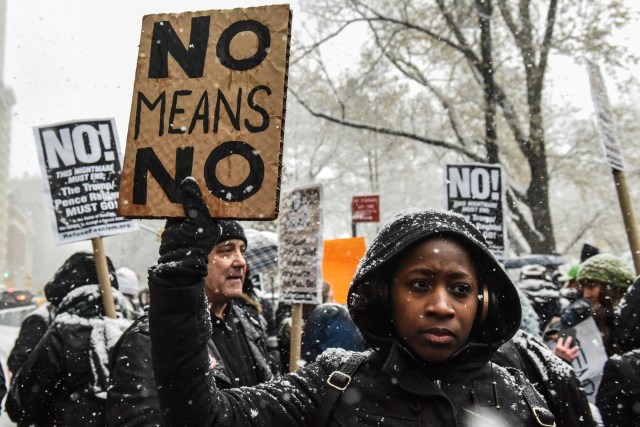
Over the last year or so the #MeToo movement has gathered global force, speed and power. It’s a testimonial movement in which survivors of rape, molestation, sexual battery, abuse and other controlling behaviours speak up about our experience. Often we share our stories once we have nothing left to lose: we’ve seen our aggressors survive and thrive; we’ve been threatened, intimidated or silenced by them. We’ve been dismissed and disbelieved by the people around us. We know we’ll never find justice, so our experience is all we have left.
#MeToo is about saying: this happened to me, I’m not lying, I’m not mistaken, I’m not exaggerating; it was abuse, and it doesn’t matter if you believe me or not. Here is my truth.
Sharing our truth is powerful and important, but there are many stages still to go before we find peace (forget about resolution, justice or karma!). Luckily, there are many books that can help this process.
My #MeToo story is called ‘Emotional Violence and Social Power’ and while I don’t have the space, strength or tears to go over everything that’s happened since I wrote it, I want to share some of the books that I’ve read since. I have no idea when or if true recovery will ever come, but the books I’ve named here, none of which are self-help books and all of which are written by experts in their field, are valuable reads. All the books take a holistic view, looking at the psychology, physiology, sociology and the cultural ramifications of aggression, survival, and the search for justice and emancipation from the triggering, flashbacks, nightmares and other effects of trauma.
Judith Herman’s Trauma and Recovery is an international bestseller and the definitive book on PTSD. Be prepared to cry. It’s a wrenchingly honest, compassionate and honourable read, written with deep understanding. Alongside that I would recommend several complementary classics: Bessel Van Der Kolk’s The Body Keeps The Score and Babette Rothschild’s The Body Remembers both examine how psychological pain is held in the body as well as the mind.
I also strongly recommend Betrayal Trauma by Jennifer Freyd, which looks at the effects of detachment, abandonment, abuse of trust and violation in childhood. Freyd is a real buzz-name at the moment. The aptness of her acronym for the behaviour of wrong-doers when confronted, DARVO – Deny, Attack, Reverse Victim and Offender – is evident in the reactions of high-profile abusive men as they are brought to account.
While I don’t think it’s our responsibility to psychoanalyse our aggressors or listen to their excuses, there are some fascinating books on abusers. They make for a grisly, shocking and – be warned – sometimes triggering read. Martha Stout’s The Sociopath Next Door is a sensational introductory book and a good starting point.
For anyone who has survived an abusive relationship, there are some very striking and (again) classic works: Power and Control by Sandra Horley, Why Does He Do That? by Lundy Bancroft and From Charm To Harm by Gregory Zaffuto are all precise examinations of abusers who are often glib and charming on the surface and who rely on control, gaslighting, isolation and threats to first psychologically manipulate and then physically terrorise their victims.
Finally, as awareness of coercive control and abuse develops, I want to recommend a remarkable memoir by Helen Walmsley-Johnson. Look What You Made Me Do is a survivor’s memoir written with depth, literary flair, candour and clarity by one of the most insightful journalists working today.
When I read these books, I cried with pain, recognition, admiration and gratitude for these writers’ wisdom and compassion.










Join the discussion
Join like minded readers that support our journalism by becoming a paid subscriber
To join the discussion in the comments, become a paid subscriber.
Join like minded readers that support our journalism, read unlimited articles and enjoy other subscriber-only benefits.
Subscribe